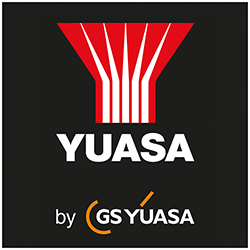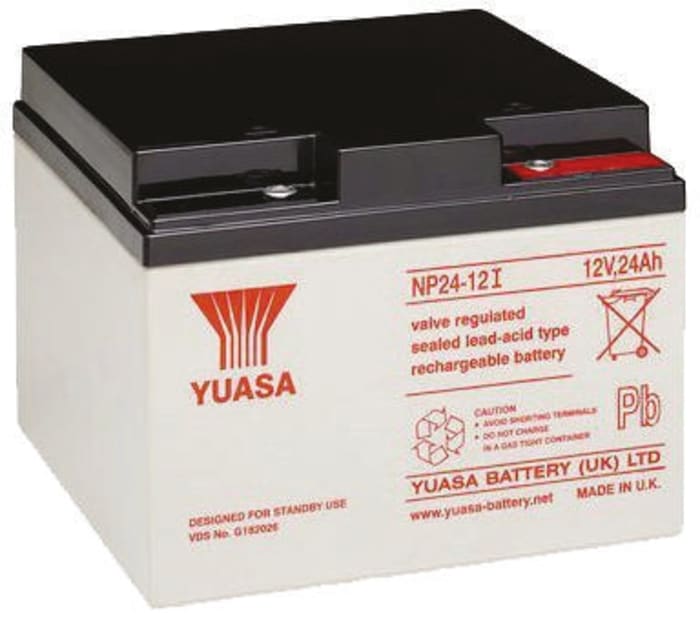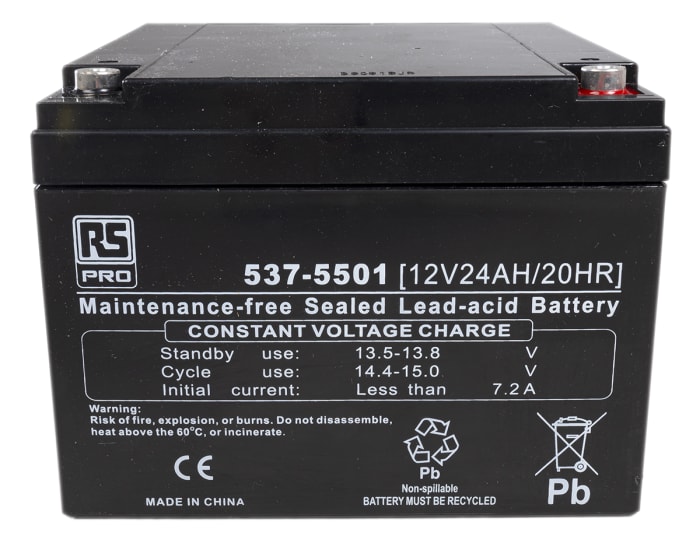Technical Document
Specifications
Brand
YuasaCapacity
24Ah
Nominal Voltage
12V
Construction
VRLA AGM
Terminal Type
Insert M5
Flame Resistant
No
Dimensions
125 x 166 x 175mm
Maximum Operating Temperature
+60°C
Minimum Operating Temperature
-20°C
Designed for Cyclic Application
No
Application
Stand by Use
Designed High Rate Application
No
Chemistry
Lead Acid
Eurobat Classification
10 to 12 Years
Operating Temperature Range
-20 → +60°C
Brand Range
YUASA NPL
Weight
9kg
Country of Origin
United Kingdom
€ 160.02
€ 160.02 Each (Exc. VAT)
1
€ 160.02
€ 160.02 Each (Exc. VAT)
Stock information temporarily unavailable.
1
Stock information temporarily unavailable.
Technical Document
Specifications
Brand
YuasaCapacity
24Ah
Nominal Voltage
12V
Construction
VRLA AGM
Terminal Type
Insert M5
Flame Resistant
No
Dimensions
125 x 166 x 175mm
Maximum Operating Temperature
+60°C
Minimum Operating Temperature
-20°C
Designed for Cyclic Application
No
Application
Stand by Use
Designed High Rate Application
No
Chemistry
Lead Acid
Eurobat Classification
10 to 12 Years
Operating Temperature Range
-20 → +60°C
Brand Range
YUASA NPL
Weight
9kg
Country of Origin
United Kingdom


